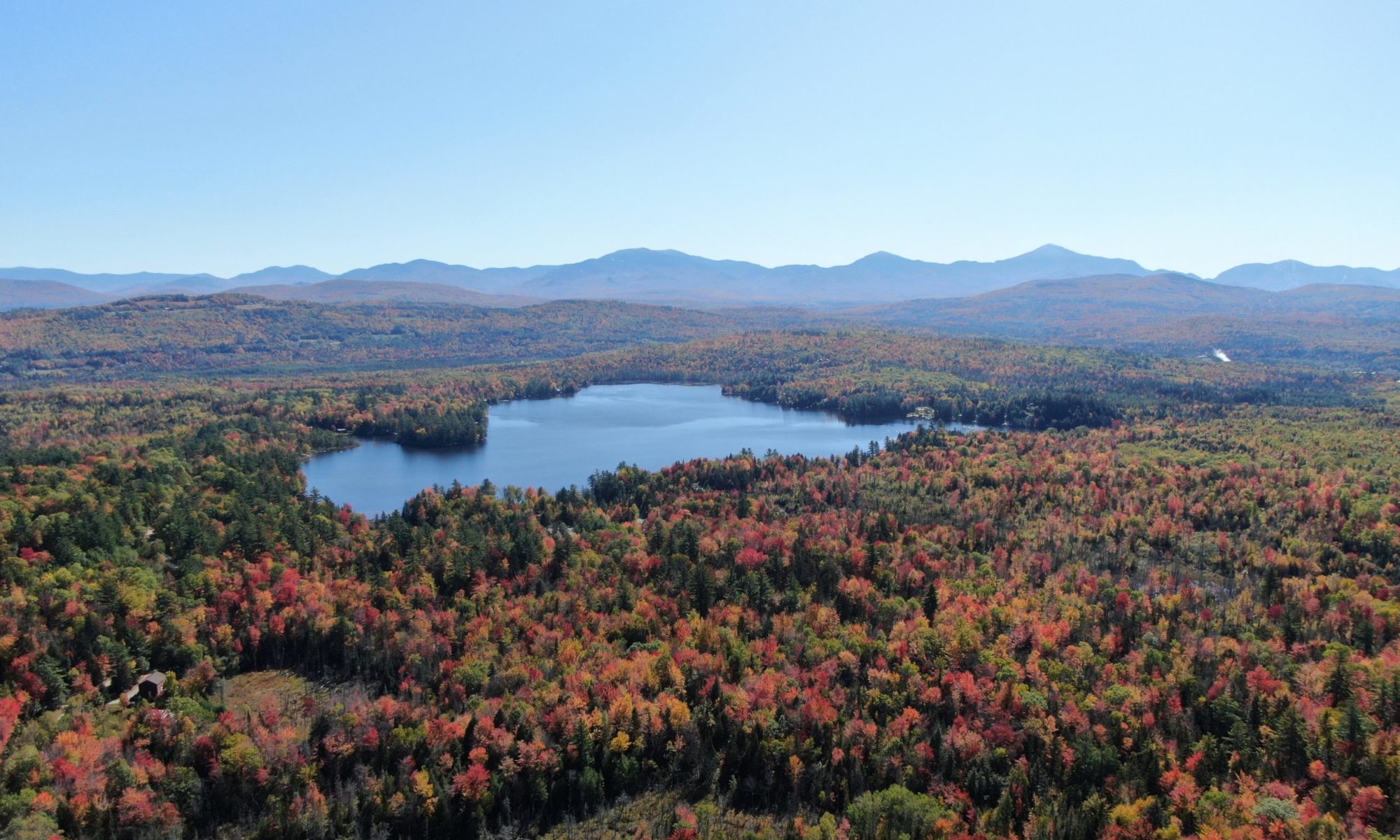At the Wetlands Permit hearing on July 14 in Whitefield, supporters of the so-called “Granite State Landfill” project mostly made the point that Casella is a good operator of landfills and will safely operate a landfill in Dalton.
We think that Casella is unfit to operate a landfill in Dalton. Casella is responsible for the largest leachate spill in New Hampshire history.
The company notified state regulators in early May that an estimated 154,000 gallons of toxic fluids generated by landfill waste and rainwater spilled due to a malfunction of its leachate containment system. Now, according to a July 21 “letter of deficiency” sent to Casella by New Hampshire Department of Environmental Services, the circumstances and amount of this spill are under question.
A careful reading of the July 21 DES letter finds the state questions Casella’s spill estimate and suggests the company minimized the scope of the spill. Regulators also disputed Casella’s conclusion that the spill poses “no risk to human health or safety or impact off property.”
“This is an incomplete response and does not include an assessment of “actual or potential hazards to the environment, safety and human health.” NHDES anticipates that such an assessment will include a review of the actual or potential hazards posed by leachate, the possible exposure routes (e.g., inhalation, ingestion, dermal contact) for humans and the environment, and conclude whether an actual or potential hazard was posed to the environment,” regulators write in their July 21 letter to Casella.
A troubled regulatory record
Looking further back, Casella has an unenviable history of violations and fines at its landfills and associated facilities in NH and across the Northeast. There are landfill operators that have much better track records than Casella. This is more than enough reason for DES to refuse to permit another Casella facility in NH.
There’s no indication Casella has learned from its mistakes.
Casella’s follow-up to the leachate spill is to authorize its primary engineering firm to conduct a limited “audit” and soil analysis. That these studies have been done by a firm with strong financial ties to Casella, instead of by an independent firm, should be red-flags for DES. Indeed, the soil analysis did not include testing for the presence of PFAS—Casella didn’t look for PFAS because it wasn’t required to under its NCES permits. Hopefully DES will recognize that a company that does only what it is required to do is not a good bet to operate a dangerous facility.
Casella claims there is no way the Dalton landfill can affect water quality in the area. The spokesperson for the company at the hearing went so far as to say: “Can’t happen”. This hubris should be a red-flag for DES that Casella relies so heavily on faith in its technology and its own competence to operate landfills, that it does not have the corporate culture required to operate a dangerous facility such as a landfill, particularly one in an environmentally sensitive area.
Casella claims to be transparent with DES and the public but it isn’t.
When opponents of the landfill have respectfully asked for information or clarification, they generally get nothing but disrespect. When DES has asked for additional information, it generally gets the bare minimum. DES’ takeaway should be that if it issues permits for the Dalton dump, Casella is likely to be even less forthcoming with information after it gets what it wants.
And Casella has been masterful at pushing out misleading information. Its claim of a waste disposal capacity crisis in NH is not even supported by DES. The only crisis that exists is Casella’s desire for a financial windfall—it desperately needs DES to issue a permit for a landfill big enough so that it can take in trash from all over New England.
Another example is Casella has provided virtually no evidence of diligently looking for alternative sites. Lots of other sites in NH and elsewhere in the Northeast are likely to have much less impacts than the Dalton site. In more candid moments, Casella representatives have admitted that Dalton was chosen because the town seemed like an easy mark, because the landowner was willing to sell on the cheap, and because building in Dalton will save the company a lot of money because it is near to the existing infrastructure associated with its Bethlehem landfill. DES’ takeaway from this should be that it cannot rely on the credibility of Casella.
Casella uses slimeball tactics to get what it wants.
Casella is a very litigious company; it seems to sue at the drop of a hat. It has cost Bethlehem millions to defend itself against suits brought by Casella when Bethlehem was merely trying to fulfill the majority views of its citizens. And it doesn’t stop there—Casella’s litigiousness has cost opponents of the Dalton landfill tens of thousands to defend against totally frivolous defamation suits. The lesson for DES is that Casella is likely to sue DES if it rejects the permits, and even if it approves the permits if DES challenges Casella on its operations.
Another example is Casella’s bullying of Bethlehem, and now Dalton. Casella’s dealings with the Dalton Conservation Commission are shameful—it was eager to deal with the Commission when it included two members with a direct financial interest in the project, but now that those two members have been replaced by members without conflicts of interest, Casella refuses to honor the reasonable requests of the Commission. Casella has also bullied the Dalton Select Board by refusing to engage with the Board about zoning, saying it will only talk with the Board about how much money Casella is willing to offer the town. The lesson for DES is that it should not be ramming a company’s project down the throat of a town that does not trust the company or want the project.
(This posting is based on a July 19, 2021 letter to the editor submitted by North Country Alliance for Balanced Change Board of Directors President Eliot Wessler.)

